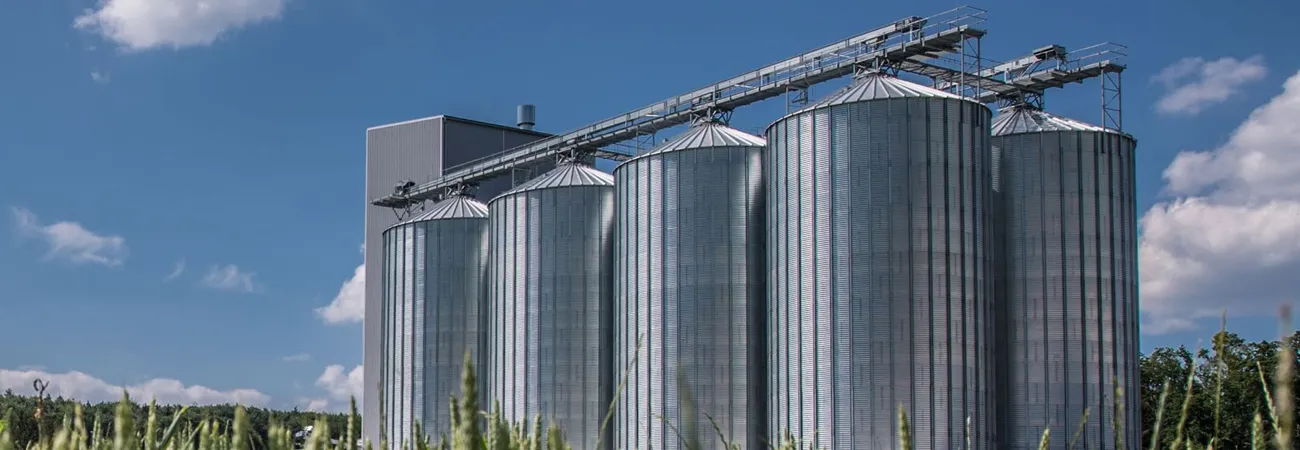i ECONOMY
The trading and marketing industry witnessed a substantial surge in total assets, primarily driven by the remarkable growth of agricultural storage during the fiscal year ended June 30, 2023. The FY23 showcased a commendable increase of 47% in the sector's total assets, which reached an impressive Rs446.119 billion, compared to Rs304.075 billion in the preceding fiscal year. Agricultural storage emerged as a key player in this surge, witnessing a significant boost in current assets from Rs81.202 billion in FY22 to a noteworthy Rs164.118 billion in FY23. This surge is a strategic response to the mounting challenges in the global supply chain, particularly in light of rising prices for essential commodities such as wheat and other fast-moving consumer goods (FMCGs) due to global inflation. State-owned enterprises like Pakistan Agricultural Storage and Services Corporation (PASSCO) play a pivotal role in maintaining strategic reserves of wheat and other essential commodities, thus ensuring national food security. PASSCO also oversees the SAARC Food Bank Reserve Stock and manages import and export activities for various food grains as required.
“Agricultural storage facilities are really important for a country’s resilience because they help make sure that we always have food and other important agricultural commodities available. They play a crucial role in maintaining a steady availability of staples such as wheat and FMCGs to ensure a consistent supply for the population,” said Muhammad Azeem Tariq, a senior scientific officer at National Agricultural Research Centre (NARC). “Pakistan, with its agricultural dependence, is strategically positioning itself by bolstering these storage assets. The surge is not just about expanding physical storage spaces; it signifies a commitment to fortifying the entire agricultural ecosystem,” he pointed out. He said Pakistan's struggle to secure its food supply could be largely attributed to two key factors: inadequate food storage capacity and security. “A substantial percentage, ranging from 10% to a staggering 50% of the total food production in Pakistan, goes to waste.”
“Wheat, a staple crop, experiences substantial losses, estimated at about 20%, due to improper storage facilities. In the case of fruits and vegetables, the losses are even more alarming, ranging from 30% to 50%,” he pointed out. Azeem Tariq said, “Adequate storage facilities not only mitigate the impact of external shocks but also enable the country to strategically manage its reserves, contributing to long-term food security.” “The surge in agricultural storage assets to Rs164.118 billion in FY23 reflects a proactive approach by Pakistan's trading and marketing sector in addressing the complex challenges within the global supply chain. The substantial increase, especially in the context of essential food commodities, is a strategic move to bolster the country's resilience against the uncertainties of global inflation, which hit the supplies of wheat and FMCGs,” he added.
Credit: Independent News Pakistan (INP)








